EBRD: Belgrade is role model for Roma inclusion
The Belgrade recycling centre has made the city a role model in addressing problems of the Roma, the European Bank for Reconstruction and Development has said.
Wednesday, 25.07.2012.
10:59

BELGRADE The Belgrade recycling centre has made the city a role model in addressing problems of the Roma, the European Bank for Reconstruction and Development has said. EBRD said on Tuesday that the centre was one of the reasons why the Council of Europe awarded Belgrade in 2011 for promoting the social inclusion of the Roma. EBRD: Belgrade is role model for Roma inclusion The centre was visited, among others, by a high-ranking international delegation headed by UN Secretary General Ban Ki-moon and EBRD acting director for Serbia Ian Brown. EBRD played a crucial role in putting the Roma at the top of the list of priorities of the Belgrade city authorities by agreeing to fund the construction of roads near the Gazela bridge together with the European Investment Bank, which funded the reconstruction of the bridge, the statement said. The project included an important social component whose goal was to relocate 175 Roma families who lived under the bridge. Many Roma collect waste intended for recycling in order to survive, and to solve the health issues related to such work, the international community started the Sustainable Waste Initiative for a Healthier Tomorrow (SWIFT). Its implementation began in 2011 with support from the World Health Organization, and the work was done by UN agencies together with the local authorities. SWIFT helps turn informal collection of recycling material into a safe, sustainable and productive means of employment, EBRD stated. SWIFT helped improve significantly the position of the Roma in Belgrade, EBRD said, adding that there were plans for two more recycling centers now that the first one had proven a success. (Tanjug, file) Tanjug
EBRD: Belgrade is role model for Roma inclusion
The centre was visited, among others, by a high-ranking international delegation headed by UN Secretary General Ban Ki-moon and EBRD acting director for Serbia Ian Brown.EBRD played a crucial role in putting the Roma at the top of the list of priorities of the Belgrade city authorities by agreeing to fund the construction of roads near the Gazela bridge together with the European Investment Bank, which funded the reconstruction of the bridge, the statement said.
The project included an important social component whose goal was to relocate 175 Roma families who lived under the bridge.
Many Roma collect waste intended for recycling in order to survive, and to solve the health issues related to such work, the international community started the Sustainable Waste Initiative for a Healthier Tomorrow (SWIFT).
Its implementation began in 2011 with support from the World Health Organization, and the work was done by UN agencies together with the local authorities.
SWIFT helps turn informal collection of recycling material into a safe, sustainable and productive means of employment, EBRD stated.
SWIFT helped improve significantly the position of the Roma in Belgrade, EBRD said, adding that there were plans for two more recycling centers now that the first one had proven a success.





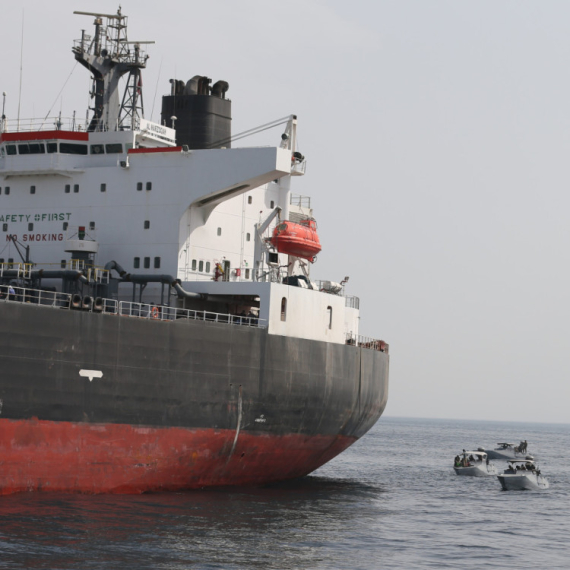




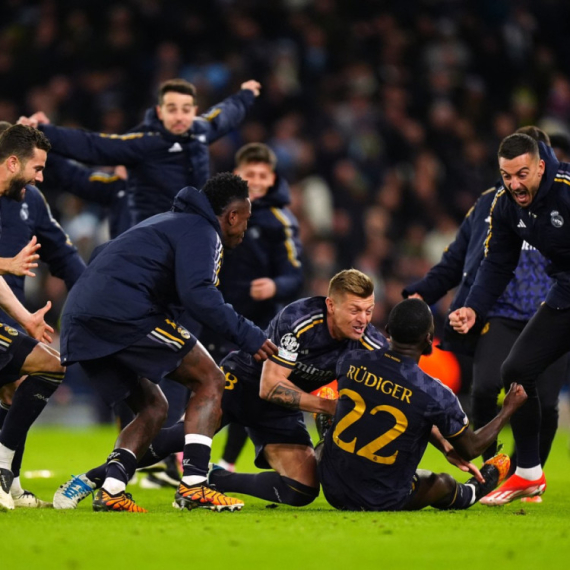

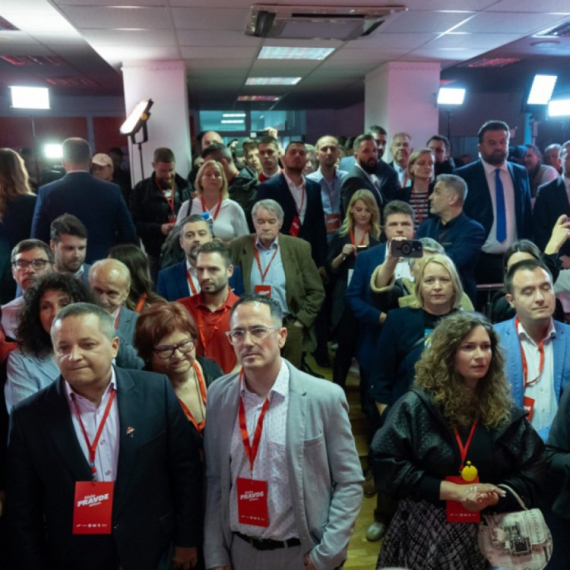
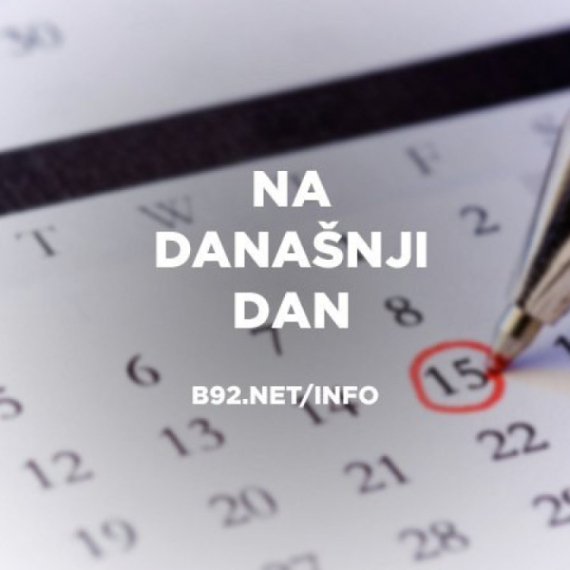

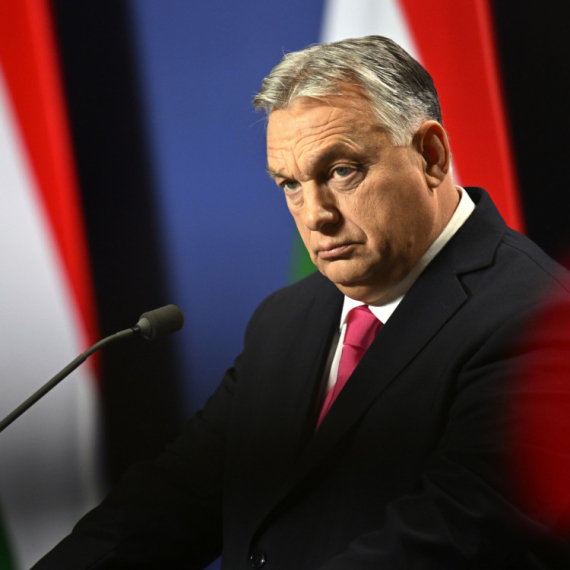
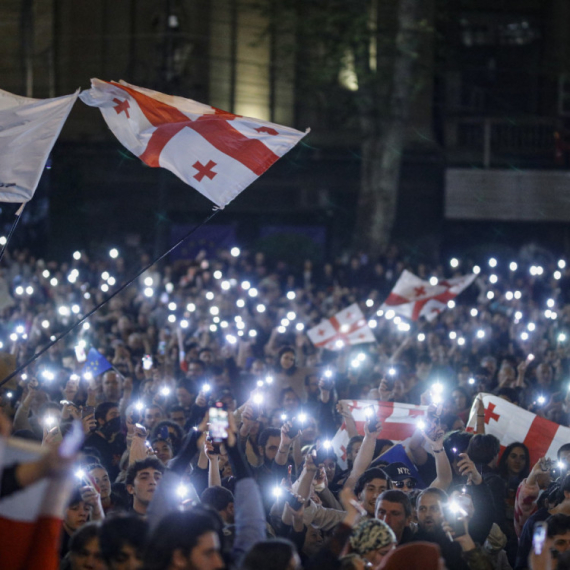

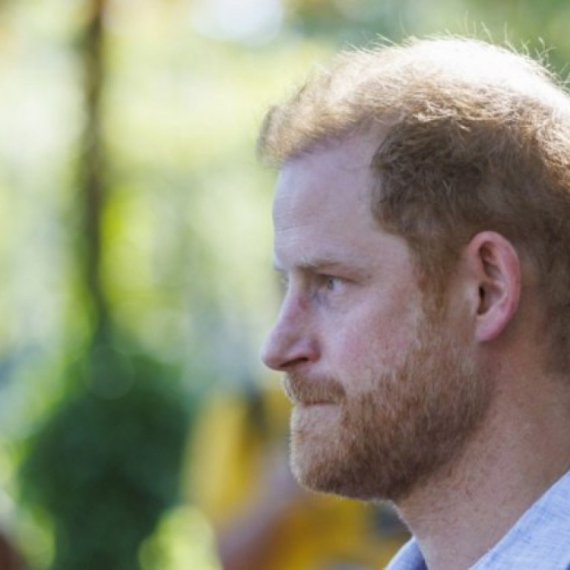






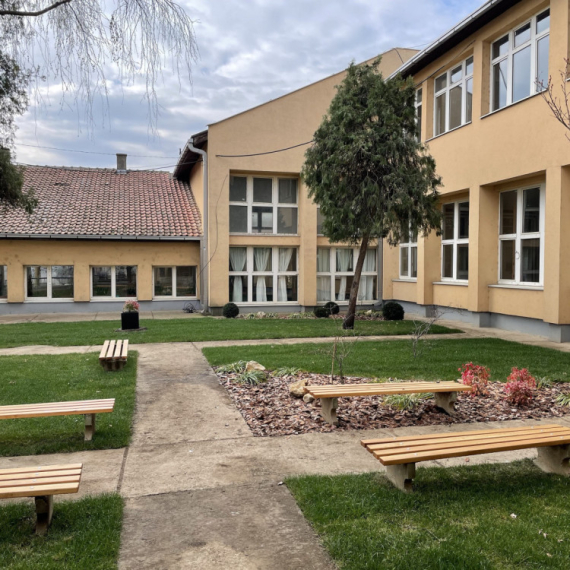





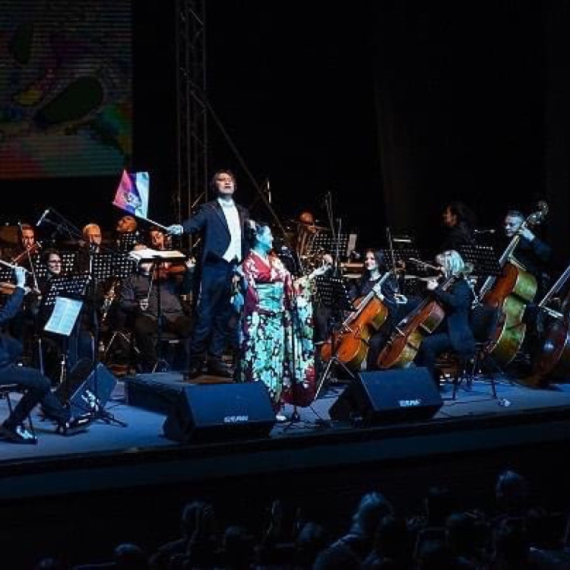





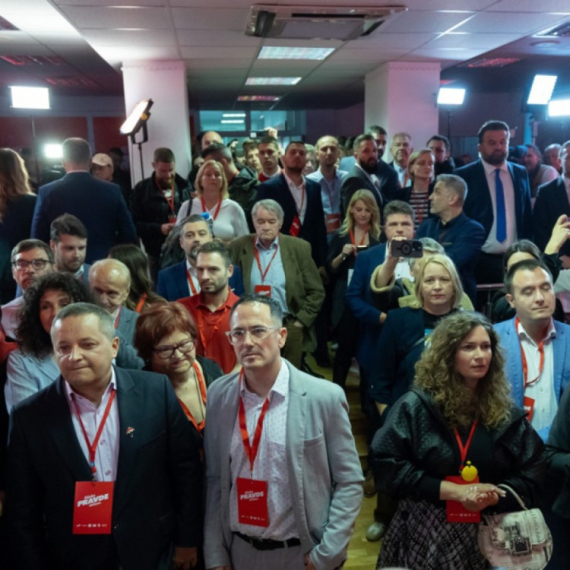

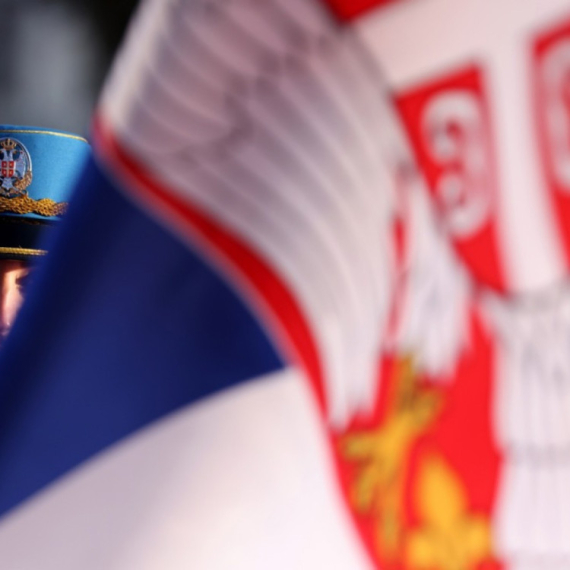

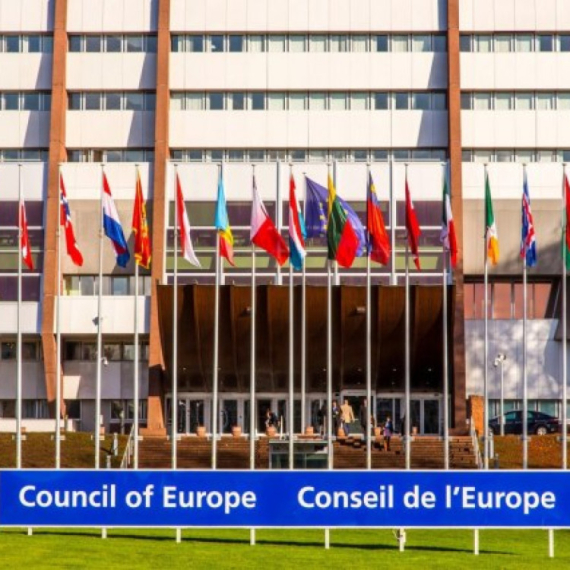


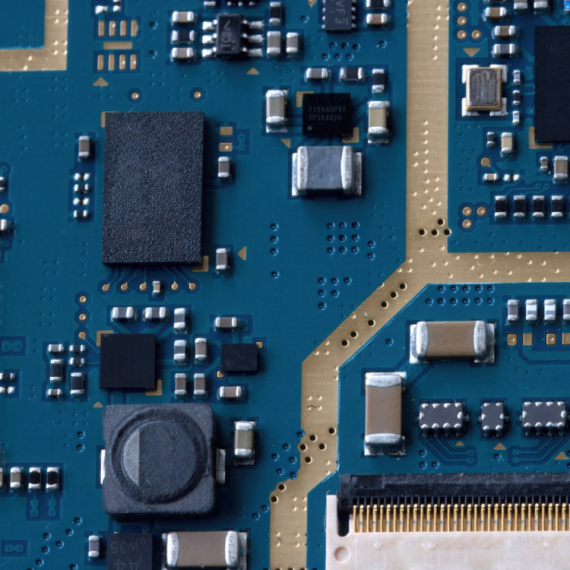
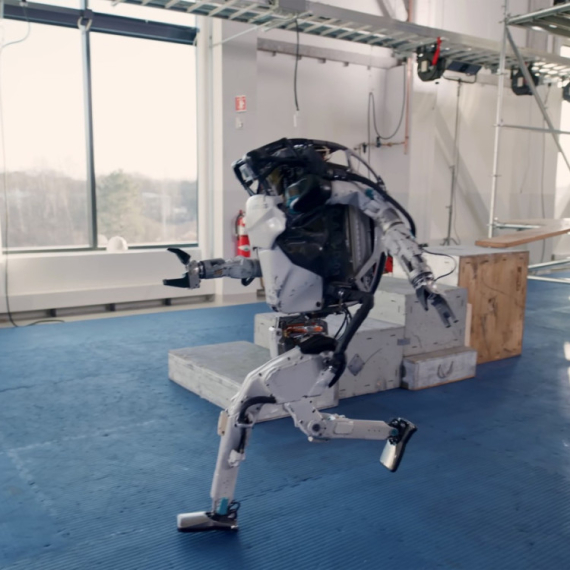





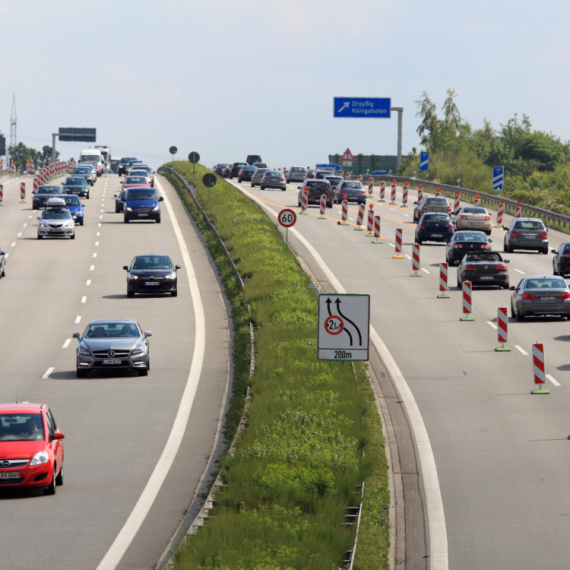
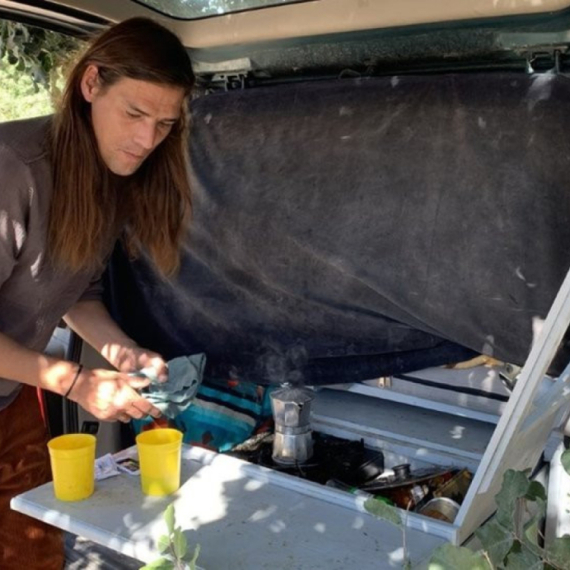
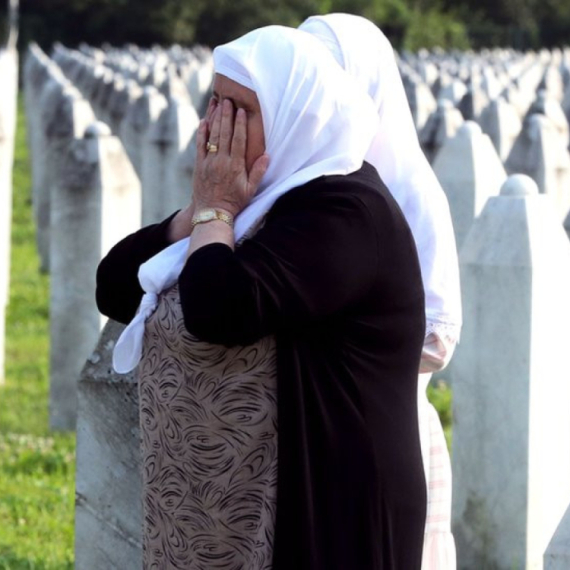
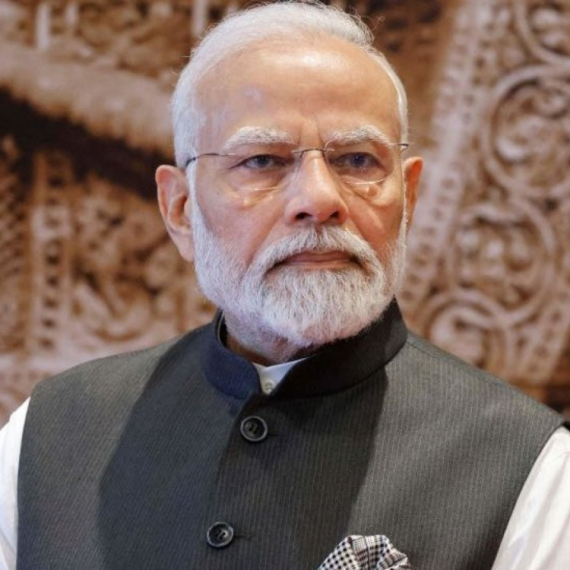
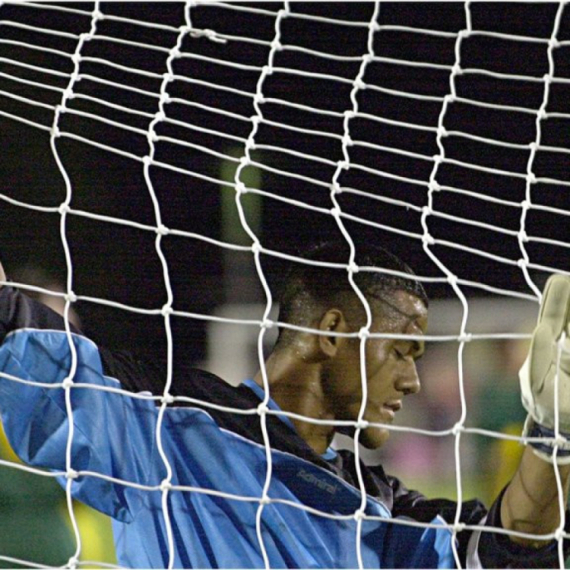
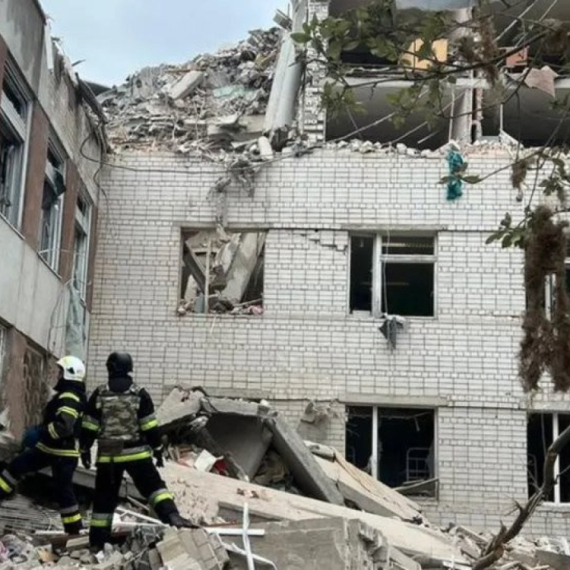

Komentari 4
Pogledaj komentare